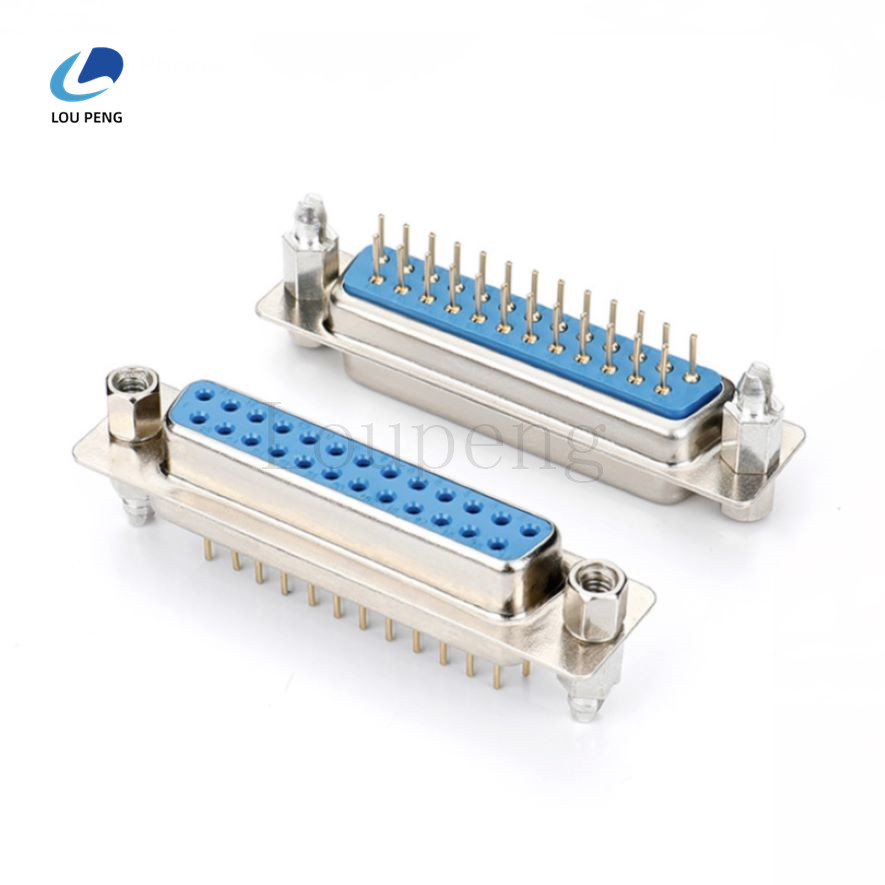Characteristic design requirements and considerations for industrial computer connectors!
With the rapid development of industrial automation technology, industrial control computers (ICCs) are common in various industrial applications. Connectors are an indispensable part of IPCs, and their characteristic design directly affects the performance and stability of IPCs. This article will discuss the characteristic design requirements of IPC connectors in detail.

The characteristic design requirements of industrial computer connectors are as follows:
1. Mechanical strength: Industrial computer connectors usually need to withstand various harsh environmental conditions, such as vibration, shock, temperature changes, etc. Therefore, the connector needs to have sufficient mechanical strength to maintain its stability under various conditions.
2. Electrical performance: The electrical performance of the connector is its basic function, including contact resistance, insulation resistance, voltage resistance, etc. In a complex working environment, these performance parameters are crucial to the normal operation of the industrial computer.
3. Environmental adaptability: Since industrial computers usually need to work in harsh environments, connectors need to have a high degree of environmental adaptability, including resistance to environmental factors such as temperature, humidity, salt spray, and mold.
The considerations when designing industrial computer connectors are as follows:
1. Contact resistance: Contact resistance is an important indicator to measure the conductive performance of the connector. Excessive contact resistance will increase energy consumption during transmission, and will also generate heat and affect the performance and stability of the connector.
2. Insulation resistance: Insulation resistance reflects the insulation performance of the connector. High insulation resistance can ensure the safe use of the connector and prevent risks such as short circuits and electric shocks.
3. Pressure resistance: Pressure resistance is a measure of whether the connector can work normally under high pressure environment. Insufficient pressure resistance may cause damage to the connector or equipment.
4. Environmental adaptability: Industrial computer connectors need to be able to work under various harsh environmental conditions, including high temperature, low temperature, humidity, salt spray, mold and other environmental factors.
5. Durability: Industrial computer connectors should have a long service life and be able to withstand frequent plugging and unplugging and long-term work.
6. Compatibility: The connector needs to be compatible with various types of industrial computers, including industrial computers of different brands and models.
7. Maintainability: The connector should be removable, replaceable and easy to repair in case of failure.
8. Safety: The design of the connector should ensure that there is no safety risk to the operator or equipment during use.
9. Cost-effectiveness: While meeting the above requirements, attention should also be paid to controlling costs to achieve higher cost-effectiveness.
Summary: The characteristic design requirements of industrial computer connectors include mechanical strength, electrical performance, environmental adaptability, durability, compatibility, maintainability, safety, cost-effectiveness, etc. These factors should be fully considered during the design process to ensure that the connector can meet the needs of industrial applications while having high cost-effectiveness and competitiveness.


